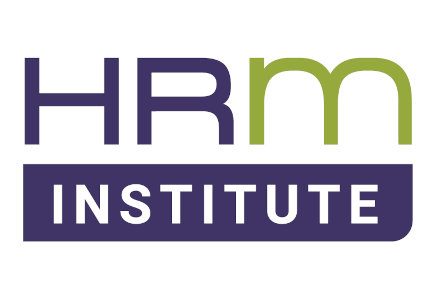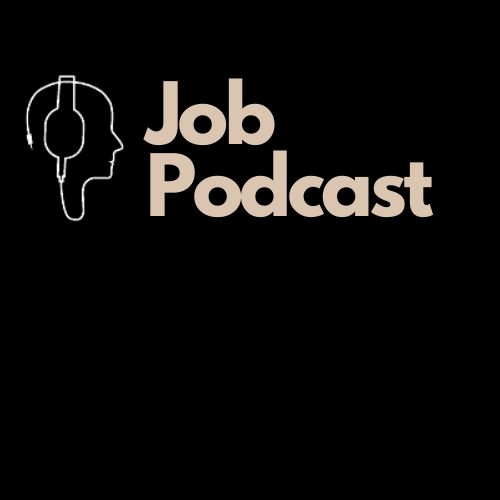
Referring to Sigmund Freud`s psychoanalytic theory of personality, the pleasure principle is the driving force of the id that seeks immediate gratification of all needs, wants, and urges. In other words, the pleasure principle strives to fulfill our most basic and primitive urges, including hunger, thirst, anger, and sex. When these needs are not met, the result is a state of anxiety or tension. In addition, the id is the personality component made up of unconscious psychic energy that works to satisfy basic urges, needs, and desires. The id operates based on the pleasure principle, which demands immediate gratification of needs.
In a few words human beings usually are looking for a reward resulting in good feelings and avoid feeling pain or fear. This is not only relating to a special situation but it is instead of that a natural instinctively driven goal human beings strive for. An enjoyable happy life with many pleasurable experiences.
- The five basic human needs Self-Esteem, Control, Orientation, Attachment and Pleasure are represented in the human brain in different regions. They are the core for human-well being and mental health.
- Fulfilling SCOAP creates a healthy chemical environment in the brain.
- Performance in business and private life is driven by this brain chemicals. The SCOAP approach respective framework is able to measure fulfillment or non-fulfillment through the 5 SCOAP profile dimensions.
- All five basic human needs have to be balanced (and equally treated!) for a healthy mental functioning with positive impact of the individual organization society and hence economy.
- As integrated holistic scientific model SCOAP pays high attention to the fulfillment of employees emotional needs within aligned organizational settings. Considering this facts will increase motivation and therefore employee engagement that lead to maximized performance outcome in a healthy work environment.
Scientists found that playing Super Mario can make you brainier, or at least cause increases in the brain regions responsible for spatial orientation, memory formation and strategic planning.In order to investigate how video games affect the brain, scientists in Berlin have asked adults to play the video game “Super Mario 64” over a period of two months for 30 minutes a day. A control group did not play video games. Brain volume was quantified using magnetic resonance imaging (MRI). In comparison to the control group the video gaming group showed increases of grey matter, in which the cell bodies of the nerve cells of the brain are situated. These plasticity effects were observed in the right hippocampus, right prefrontal cortex and the cerebellum. These brain regions are involved in functions such as spatial navigation, memory formation, strategic planning and fine motor skills of the hands. Most interestingly, these changes were more pronounced the more desire the participants reported to play the video game.
“While previous studies have shown differences in brain structure of video gamers, the present study can demonstrate the direct causal link between video gaming and a volumetric brain increase. This proves that specific brain regions can be trained by means of video games“.(Nature, Dr. S Kühn, Center for Lifespan Psychology, Max Planck Institute for Human Developmentpublished on 29 October 2013)
Brain scientists have made the breakthrough discovery that both human and animal brains are hard-wired with reward pathways, also known as pleasure centers/systems. These pathways have to be stimulated sufficiently by serotonin, dopamine and other neurotransmitters if the organism is to feel and function optimally. „In plain language, this means that we have to get a certain amount of pleasure and stimulation or rewards from our daily activities and what we put into our bodies. If we don’t, then we create a pleasure deficit or what is known as “reward deficiency,” and are subject to depression, anxiety and poor performance. Each day we have to stimulate our reward pathways adequately if we are to function well emotionally, mentally and physically.“ (Berkshire Research Group, Date unknown)
If organizations still state that happiness pleasure and fun are not necessarily required for performance and corporate life – new research prove that this mindset is wrong and in addition dangerous. For the organization itself: e.g. decreased employee motivation, loss profit, high costs of health care and also for the employees: lower performance, depression, mental disorders, burnout.
„Neurological research has identified a biological mechanism mediating behavior motivated by events commonly associated with pleasure in humans. These events are termed “rewards” and are viewed as primary factors governing normal behavior. The subjective impact of rewards (e.g., pleasure) can be considered essential (e.g., Young, 1959) or irrelevant (e.g., Skinner, 1953) to their effect on behavior, but the motivational effect of rewards on behavior is universally acknowledged by experimental psychologists.“ (M.A. Bozarth (1994). Pleasure systems in the brain. In D.M. Warburton (ed.), Pleasure: The politics and the reality (pp. 5-14 + refs). New York: John Wiley & Sons.)
Motivation can be considered under two general rubrics—appetitive and aversive motivation. Appetitive motivation concerns behavior directed toward goals that are usually associated with positive hedonic processes; food, sex, and wine are three such goal objects. Aversive motivation involves escaping from some hedonically unpleasant condition; the pain from a headache, the chill from a cold winter night are among the list of conditions that give rise to aversive motivation.
In addition the difference between intrinsic and extrinsic motivation is important.
Source: http://positivesharing.com
Hence this differentiation has consequences for rewards and in fact pleasure. Most companies are focusing only on money with bonuses. But this extrinsic financial reward could generate negative impact on long-term motivation of employees. More important for lasting positive effects of motivation and engagement is appreciation, social environment, open corporate culture, get recognized, fun joy and pleasure, transparent and full information – all factors for job satisfaction. This is linked back tot he other SCOAP basic human needs Self-Esteem, Control, Orientation and Attachment. As research shows are this important brain rewarding elements. It also shows that reward with financial aspects and social reward are processed diverse in the brain.
Brain scientists have made the breakthrough discovery that both human and animal brains are hard-wired with reward pathways, also known as pleasure centers/systems. These pathways have to be stimulated sufficiently by serotonin, dopamine and other neurotransmitters if the organism is to feel and function optimally. „In plain language, this means that we have to get a certain amount of pleasure and stimulation or rewards from our daily activities and what we put into our bodies. If we don’t, then we create a pleasure deficit or what is known as “reward deficiency,” and are subject to depression, anxiety and poor performance. Each day we have to stimulate our reward pathways adequately if we are to function well emotionally, mentally and physically.“ (Berkshire Research Group, Date unknown)
If organizations still state that happiness pleasure and fun are not necessarily required for performance and corporate life – new research prove that this mindset is wrong and in addition dangerous. For the organization itself: e.g. decreased employee motivation, loss profit, high costs of health care and also for the employees: lower performance, depression, mental disorders, burnout.












